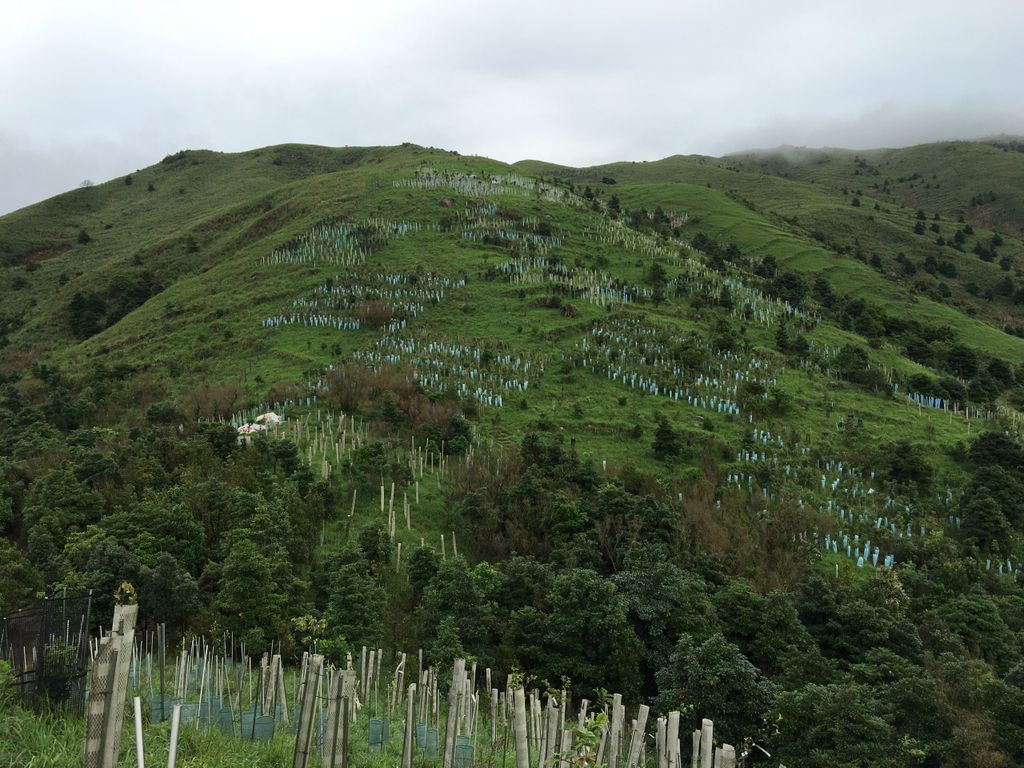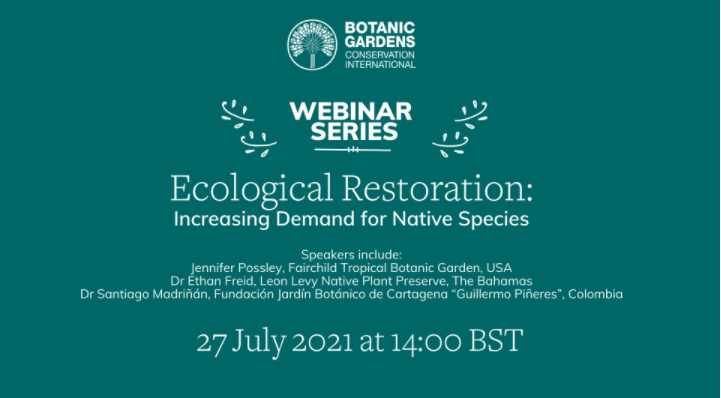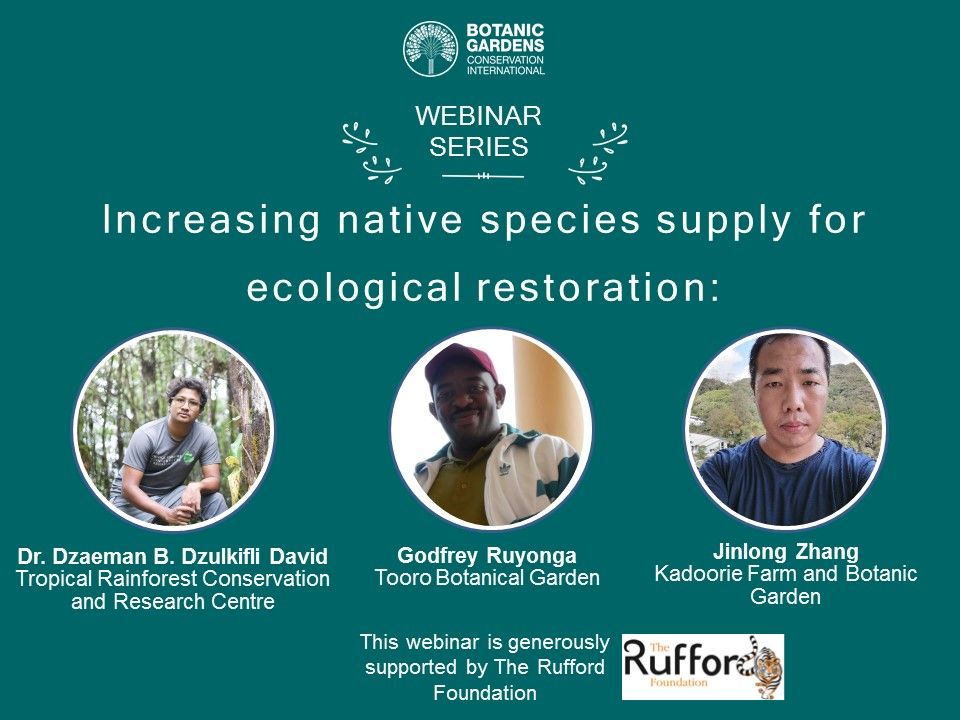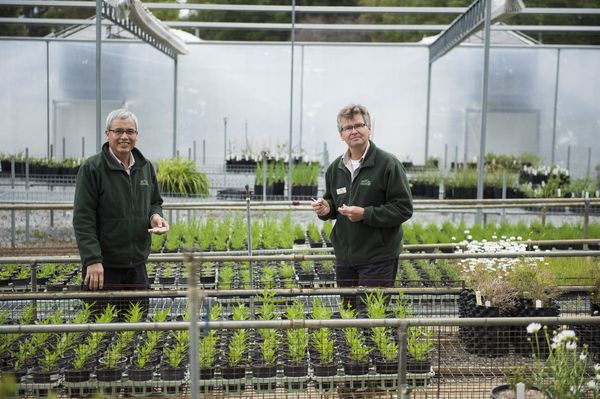Restoring Hong Kong’s Lost Forests

-
Status of project
Ongoing -
Region
Asia -
Country
Hong Kong SAR, China -
Programme
Ecological Restoration Alliance of Botanic Gardens -
Workstream
Saving Plants -
Topic
Ecological Restoration
Kadoorie Farm and Botanic Garden (KFBG) have been conducting restoration experiments to for the last 30 years to determine the best approaches to restore Hong Kong’s lost forests. This knowledge is being shared to guide forest restoration in the region and further afield.
The natural landscape of Hong Kong is dominated by secondary plant growth. It contains only a fraction of the species diversity of the primary forest that came before them.
All seedlings grown in KFBG nurseries are from seeds collected in Hong Kong’s Country Parks. A seed collection number is assigned at the time of collection to permanently document the source of each tree. As far as possible, seeds of any one species are collected from multiple populations with the aim to maximise genetic diversity in the resulting forest.
In order to determine the best restoration approach, a number of different treatments have been trialed. Including:
- Tree guards to protect the seedlings from herbivory
- Use of different fertilisers and applying a mulch mixture containing compost and biochar to improve soil fertility
- Use of weeding mats made from coconut fibre to suppress competition from surrounding grasses
- Enrichment planting (including shrubs, palms, vines, epiphytes and herbs) to test if a rich understorey can be artificially restored
Each seedling is measured 1, 2 and 5 years after planting and each tree’s coordinates are recorded to generate accurate maps of forest structure.
Key results include:
- >60,000 seedlings planted
- Over 300 native tree species represented
- Integration of threatened tree species such as Quercus edithiae (Endangered)
- Native animals such as this bamboo pit viper (Trimeresurus stejnegeri) are recolonising the restoration site
For more information on this project, please contact: Stephan Gale


